An argument I often hear is eating healthy is so expensive. I’m here to tell you that you can eat healthy on a budget. It’s all about good choices, planning, and avoiding packaged foods. Making good choices with food goes well with making good choices financially. Read my post about how I save money for healthier food.
Common reasons for expensive healthy food:
- Buying produce out of season
- Not planning meals
- Impulse buying
- Thinking it’s necessary to buy all organic food
- Wasting food not eaten
- Buying convenience foods
All of these things can be easily avoided if we mindfully think about what we need to do and what we should eat. Hmm, maybe I should pack a lunch today rather than going out for pizza? That would save money and it would likely be healthier.
*Mindyfresh is a participant in the Amazon Services LLC Associates Program, an affiliate advertising program designed to provide a means for sites to earn advertising fees by advertising and linking to amazon.com.
How To Eat Healthy On A Budget
Plan Meals
Planning meals decreases food waste, impulse buying, and cost. It is easier to be healthier when you decide ahead of time and know what you will buy and eat. Think about it, if you are suddenly SO hungry, what will it be first? The quick bag of chips? I talked about meal planning in a previous post and how important it is.
- Plan your week & make a list
- Even if you aren’t the “planning type” of person, it’s not hard
- Stick to a list of healthy items and you won’t be prompted to buy other things
- Waste less food because you’ll only buy what you need
- Put a calendar right on your fridge
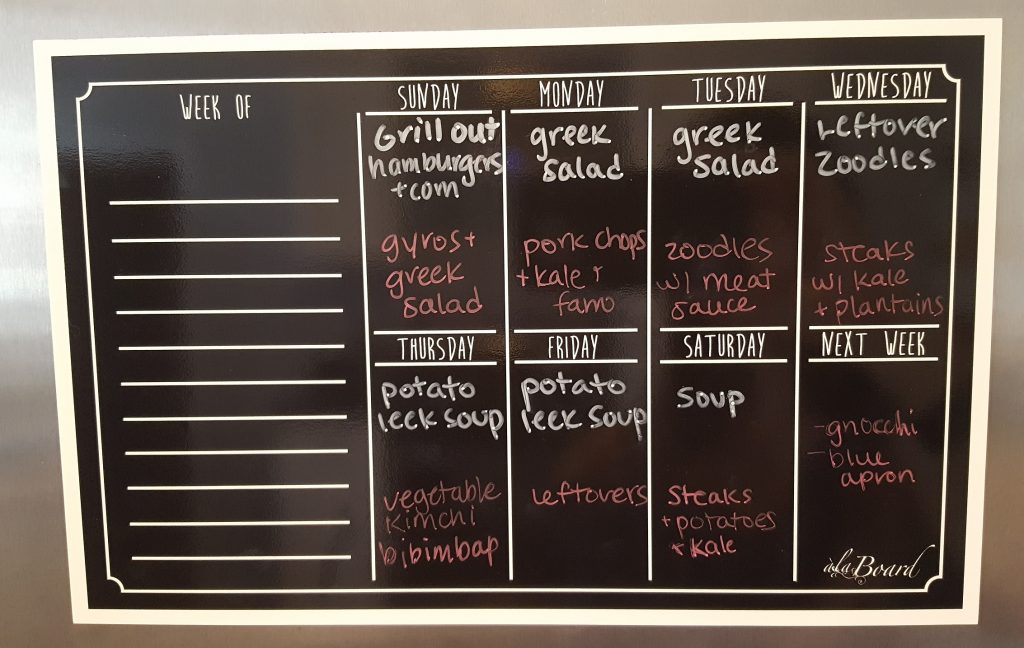
Discount Stores
Don’t think you have to make a trip to Whole Foods to get the right food. Look for deals. Expand your horizon by buying online or in bulk. Many stores and brands will mark up prices.
- Thrive Market
- This online store gives 30-50% off healthy, natural food.
- They also give free products with orders over a certain amount (I wait to order until I need a lot and something good comes up!)
- Try Thrive Market here
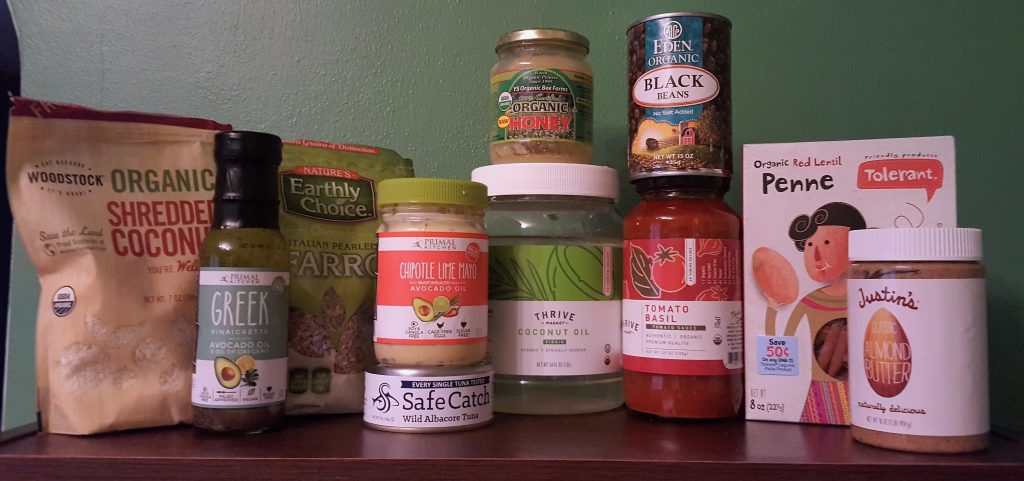
- Other Discount Groceries
- Any local store should have produce and every basic thing you need
- if you live in a smaller area, they may mark up items so check more stores for the best price
Shop In-Season Produce
Eating food out of season will drive cost up. Not to mention that the produce will be old. Learn what is in season and when.
- Go to Farmer’s Markets
- Produce here is much cheaper and grown locally. Can’t get much better than that. And you’re supporting farmers and not corporations.
- Try Community Shared Agriculture (CSA)
- It is a great deal for local, in season produce
- I have honestly never tried it but have heard great things
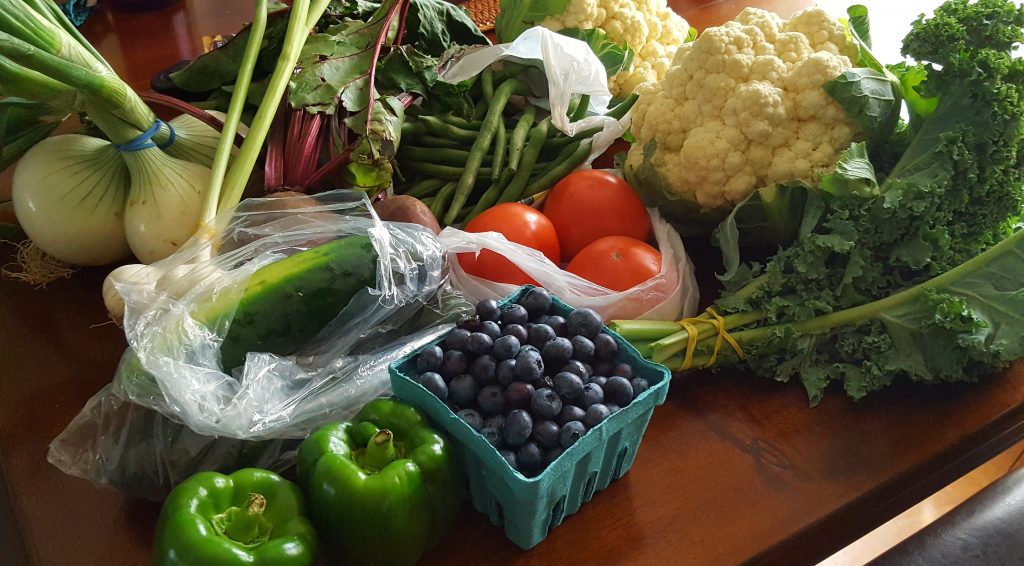
- Store Produce
- At any store, you’ll notice some produce is cheaper or on sale, buy those! Those are likely what’s in season.
- Freeze
- freeze what’s on sale and not yet eaten before it goes bad
Cut Funds
I can’t tell you what’s important to you, but health should be your number one priority. That expensive pair of jeans won’t get you anywhere. You can’t enjoy things the same without proper nourishment. That being said, everyone is different. I do not budget my food; I buy what I need sensibly.
- Go out to eat less
- Each visit out is probably the price of your healthy groceries for a week. It also probably will make you feel like garbage (sometimes).
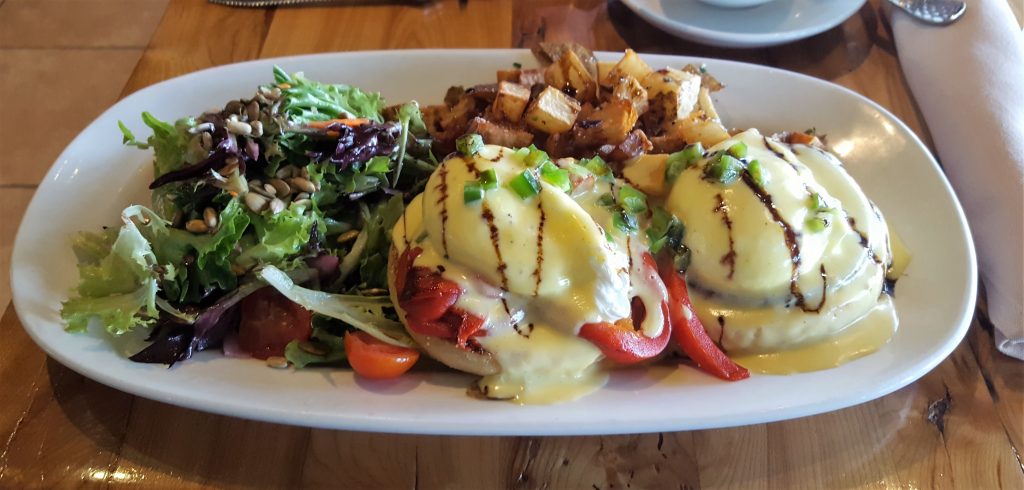
- Make your own lunch
- This costs significantly less and you’ll be eating healthier than just deciding on whatever takeout is nearby
- The best way is to make extra dinner, put it in a container and lunch is ready.
- This includes buying coffee, try homemade versions instead.
Buy Whole, Real Food
- Healthier food is more nutrient dense
- A bag of chips cost the same as a pound of apples but one clearly gives more nutrition than the other
- Focus on real, whole food and not packaged and pre-made food
- Buy more fresh items on the perimeter of the store.
- The pre packaged easier stuff is likely more expensive
- It doesn’t have to be “organic”
- You will still get the same nutrition if organic is not in your budget
- For example, organic canned tomatoes cost a lot, so just get regular canned tomatoes. Not a big deal.
Stop Buying Drinks
Most drinks are unhealthy and filled with sugar or other additives. Spend your money on food instead. Water is free and all you need. Tea and coffee are relatively inexpensive too.
Buy in Bulk
Maybe a higher cost upfront but definitely less in the long run. Do this for things that don’t go bad quickly and that you will use. Amazon and Costco are great.
What Should Be on Your List?
My list is heavily produce, which isn’t that expensive. The higher cost items are meats and other proteins. This is a general list. If you don’t do grains or dairy, that is totally fine.
- Vegetables
- At least 1 green leafy vegetable
- Fruits
- Meat/Fish/Protein for vegetarians or vegans
- Eggs
- Basic condiments (watch ingredients)
- Bulk grains, like oats
- Milk, yogurt or cheeses
- Nuts
- Broth or soup
- Seasonings
Examples of Cheap and Nutritious Foods
- Bananas
- Carrots
- Cucumbers
- Eggs
- Broccoli
- Sweet potatoes
- Oatmeal
- Cabbage
- Dry beans
Make sure to check out my similar post on How I Save Money For Healthier Food!
Other Sources:
25 Tips to Making Eating Healthy Affordable
How to Eat Healthy on a Budget
Fresh Idea: Buying real, whole food is not always expensive. Make it a priority to eat healthy through meal planning.

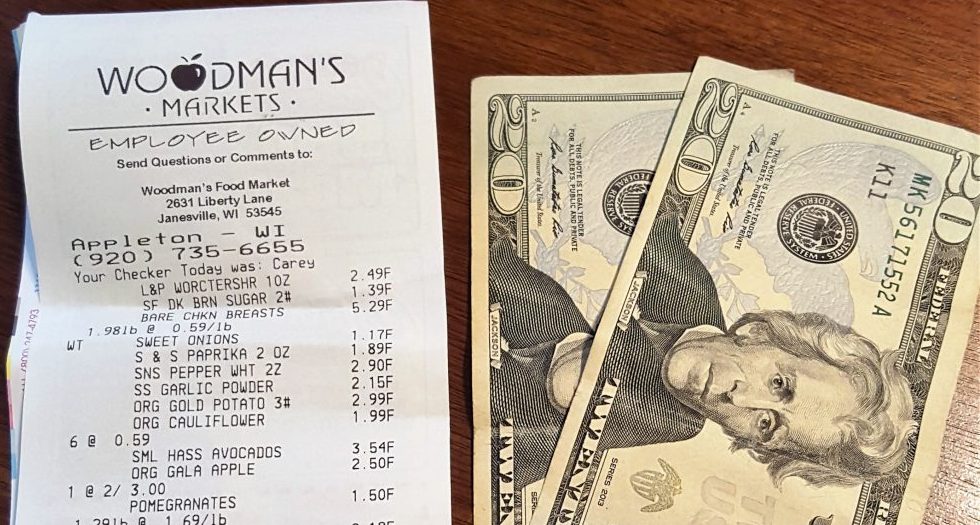
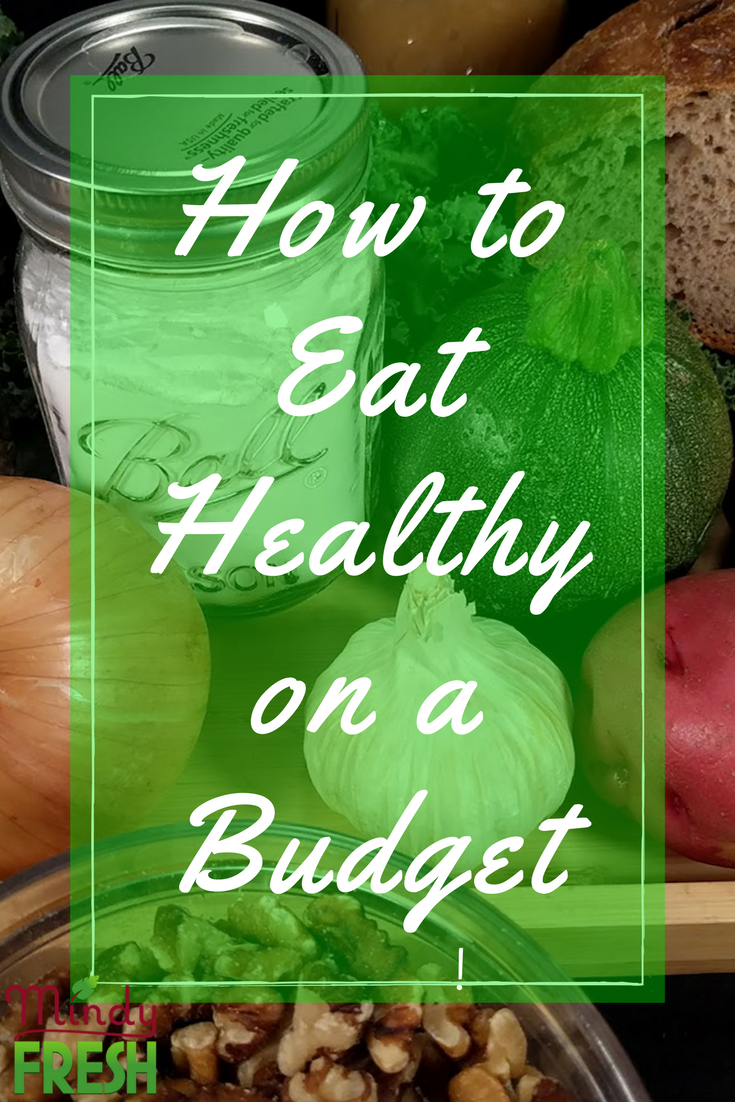
Pingback:Kids Need Real Food
Pingback:Weekly Meal Planning: The best way to save money, time, and improve health
Pingback:Lose Weight Without Dieting: Shift Focus to Improve Health